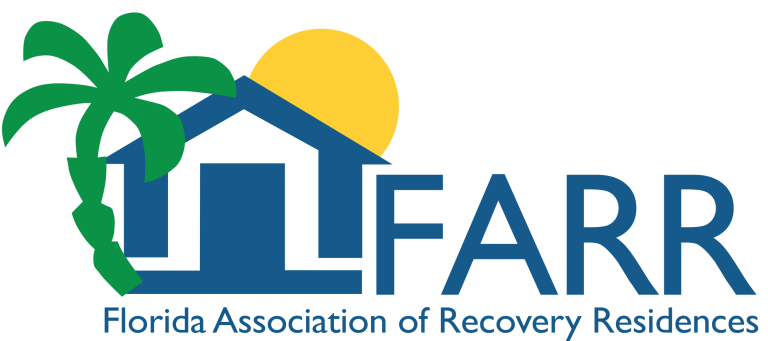Most of us remember those moments in our lives when we acted in a hurry and had to suffer the consequences. But what happens when impulsive behavior becomes too much of a good thing? For many people, impulsive conduct is a sign of an untreated mental health problem.
Isolated episodes of impulsivity happen to everyone. However, continued and intense impulsive conduct has harmful effects. These can range from strained relationships to arrest and imprisonment. Picking up fights, promiscuity (especially with strangers), and chronic drug or alcohol use are all examples of impulsive conduct.
When you see someone you care about dying, you often feel helpless and worried for their safety. So, how can you help someone who appears to be dependent on their emotions?
When Do You Need Treatment?
Pathological impulsive conduct and drug use disorders have many characteristics in common. The most notable aspect is that the person experiencing them appears unable to change the behavior, even in the face of serious consequences. Impulsive behavior occurs as a symptom in the following situations:
- Adult ADHD (Attention Deficit Hyperactivity Disorder)
- Borderline Personality Disorder
- Bipolar Disorder
- Substance abuse disorder
Your child, daughter, nephew, or spouse suffering from mental illness can live a happy, healthy life. You can do it too. A professional diagnosis and treatment plan is a good place to start. If you or someone you know exhibits these types of behaviors, it may be more beneficial to focus on mental health care rather than the symptoms and behaviors. Keeping your focus on the issue at hand and maintaining a positive attitude is beneficial.
Alcohol and Mental health
Any description of dangerous impulsive behaviors should feature prominently in alcohol consumption. According to research, men are significantly more likely than women to engage in harmful impulsive behavior after binge drinking. After all, there’s a reason why the barroom brawl has become such a common narrative motif. However, the connection between drinking and mental health extends beyond isolated tales of a crazy night in college.
Alcohol has been shown to increase the frequency and intensity of high-risk behaviors. It is not uncommon for someone with a drinking problem to also need mental health care. Drugs, alcohol, and mental health problems can make life difficult. It is better not to use drugs and alcohol to effectively address the underlying mental health condition.
Understanding the Connection Between Impulsivity and Mental Health
Impetuous behavior can appear out of nowhere. People who behave impulsively are often as surprised by their actions as other people. However, all behavior starts somewhere. Even if you don’t understand the stimulus or thoughts preceding the impulsive action, there is still a reason for it.
Learning to know your triggers is the first step toward successfully controlling your impulsivity. Increasing your awareness can help you fight impulsive thoughts. Of course, this is usually easier said than done. Due to its nature, impulsive conduct is difficult to predict and avoid, but it is not impossible. Of course, this is much more possible with expert help.
With mental health care, millions of people have learned to control impulsive behavior. You don’t have to do it alone. You do not have to suffer as a result of an untreated mental health problem. All it takes is a little willingness to seek treatment for yourself or someone you care about who is struggling with impulse control difficulties.
Risk Factors for Impulsive Behavior
Many different factors are associated with an increased likelihood of impulsive conduct. some examples are
- Age: Younger people are more likely to engage in impulsive activities than older people.
- Boys and men are more likely to be affected by impulsivity.
- A family history of mental illness or impulsive conduct may put you at greater risk.
- Trauma, assault, abuse, and neglect can all increase a person’s risk of impulsivity.
- Substance abuse: Drug and alcohol abuse can increase impulsive behavior.
Causes of Impulsive Behavior
Decision-making is a difficult process. The source of the impulse is not always obvious.
People may engage in dangerous actions for reasons other than impulsivity. It is also quite unusual to see impulsive behavior in young children who have not yet mastered self-control.

According to research, impulsivity may be related to the prefrontal lobe. Another study found a link between impulsivity and brain activity.
There is still a long way to go before researchers fully understand impulsivity and the relationships between:
- Personality
- Brain connections
- Brain function
Physical diseases such as brain lesions and stroke can also cause symptoms such as impulsive conduct.
Deland Treatment Solutions Offers Mental Health Treatment
There are several strategies to assist someone suffering from a mental health problem in leading a happy and productive life. If you or someone you love is struggling with impulsive behavior and would want to learn more about what mental health therapy can do for you, please contact us at (386) 866-8689 or come to Deland Treatment Solutions in Deland, Florida.





























